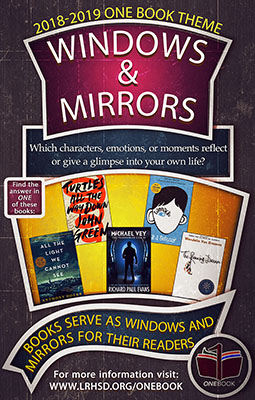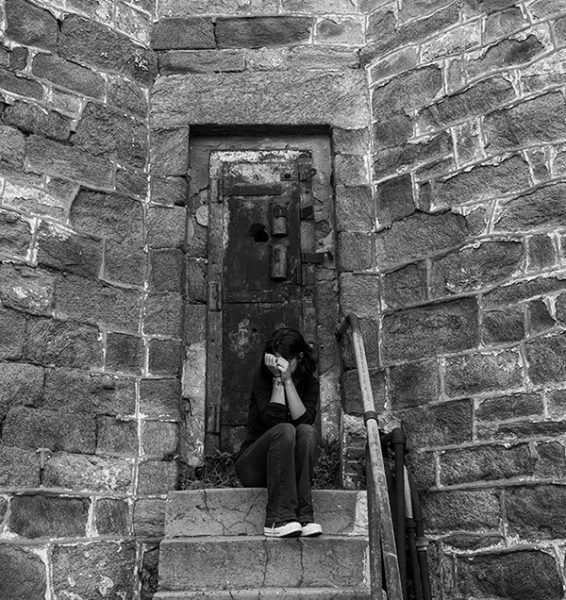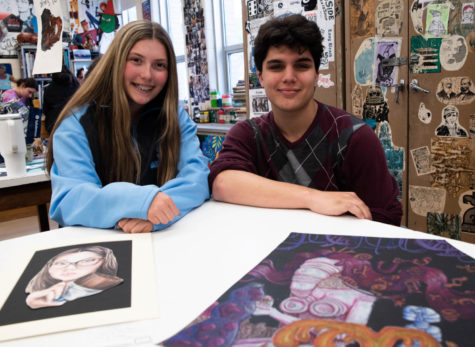Windows and Mirrors Book Theme

To quote from John Green,“I don’t believe that books, even bad books, corrupt us. Instead I believe books challenge and interrogate, they give us windows into the lives of others and give us mirrors so that we can better see ourselves.”
This year’s summer reading theme was Windows and Mirrors. The select books students got to choose from were Wonder by R.J. Palacio, Turtles All the Way Down by John Green, All the Light We Cannot See by Anthony Doerr, The Running Dream by Wendelin Van Draanan, and Michael Vey, the Prisoner of Cell 25 by Richard Paul Evans. Each of these books share a similar theme.
In All the Light We Cannot See, the story shines a light on the horrors and overlooked aspects of WWII. Anthony Doerr captured not only broader issues like destruction from air raids and worldwide disputes, but personal adversities as well. For instance, Werner, a protagonist in the novel, has an arranged future of working in the coal mines that disregards his brilliance in mechanics and mathematics. Werner is later forced into Hitler Youth and is exposed to violence and alienation to the worst extent, having to witness his best friend be beaten nearly to death because he was ambivalent to Nazi ideas. The other protagonist, Marie-Laure, struggles with her own challenges. She’s a blind girl who tries to navigate her city, and whose father was captured by Germans and became a prisoner of war. Marie-Laure’s uncle, Etienne, is a man suffering from WWI PTSD (Post Traumatic Stress Disorder.) He cannot leave the house due to overwhelming anxiety, and he often experiences panic attacks.
The book Turtles All the Way Down grasps the subject of mental health, too. The protagonist Aza, a teen with OCD, gives the reader an up close and personal perspective on what the mental illness is truly like, considering John Green himself has OCD. This story gives us insight on how difficult it is to maintain relationships with others while simultaneously panicking about the millions of germs that live inside our bodies, and the millions of flaws we all have.
Wonder is a heartfelt book that is a modern classic for a reason. R.J Palacio dives into the subject of facial deformities with main character, fifth-grader Auggie, who was born with a special face. Auggie has to navigate his first time in public school while trying to fit in. He is faced with bullies and many obstacles before he is finally able to feel confident in himself despite his differences.
Similarly, The Running Dream addresses the struggles of physical disabilities by following Jessica, a teen who recently lost her leg in a car accident. In the book Michael Vey, Prisoner of Cell 25, Michael, a fourteen year old who was just diagnosed with Tourette’s syndrome, gets bullied but cannot defend himself because he has powers that shock people through contact.
Now ask yourself this:
Do you stand up for people who are bullied for their differences?
Do you have an open mind when it comes to illnesses you can’t see on the surface?
Do you help people when they need you regardless of how you feel about them?
Do you forgive others and let grudges go?
Do you reach out when you need help?
Are you confident in your true self?
These selections all have a common message. They have given us a window to see how disabilities and challenges impact people, how they cope, how others react, and how eventually people must be true to themselves. These novels give us a mirror to reflect on not only how we treat others, but how we treat ourselves.




